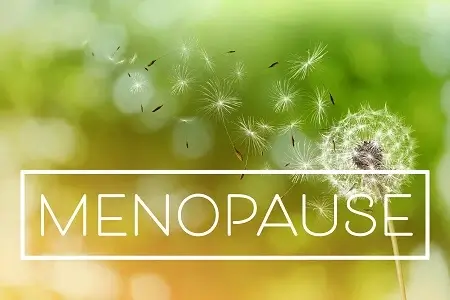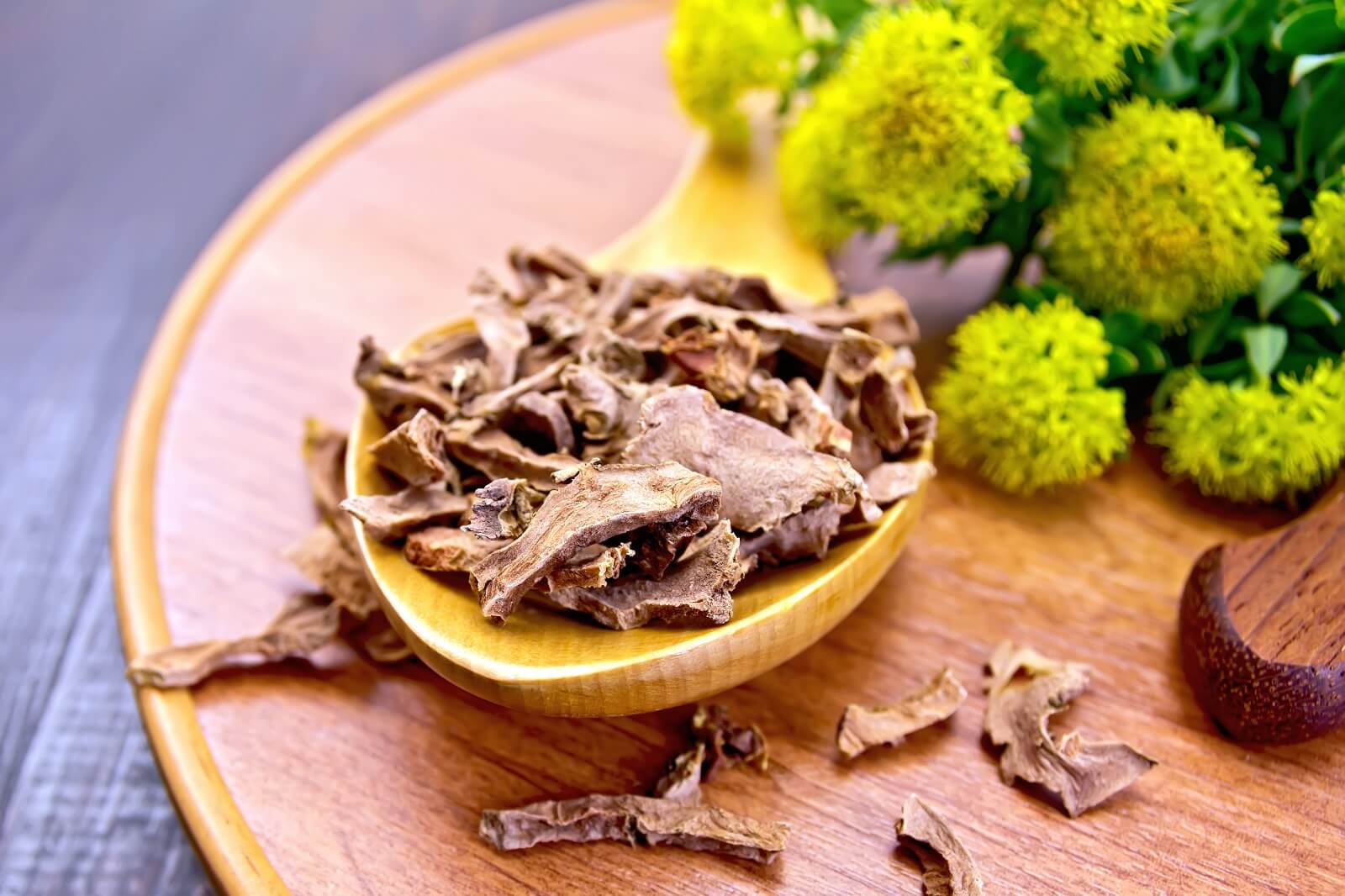
Rhodiola (Rhodiola rosea) root extracts, and the phytochemical (plant chemical) salidroside in them, can help with neurological and psychological symptoms menopausal women experience. This herb is also known as golden root, and the root is the part of the plant that is used medicinally.
If you are already taking black cohosh (Actaea racemosa), research indicates that using rhodiola in combination with black cohosh can help bring more results than by using black cohosh alone. The improvements of the combination of these herbs relate to the emotional quality of life and specifically to the sexual function.
Concerning menopause symptoms, rhodiola may be able to help with mood problems such as depression and fatigue and also help with memory impairment, cognitive decline, and cardiovascular disease.(source 1)
In addition to all these great benefits, there is a lot of research showing how rhodiola can help as a treatment for many different kinds of cancer. Although menopause does not cause cancer, the aging process elevates the risk. Additionally, hormone replacement therapy is something women in menopause can choose to do, and it does carry some elevated risks of cancer; making this herb important for such women.
Rhodiola may possibly act as a selective estrogen receptor modulator (SERM).(source 1) SERMs are used as treatments for postmenopausal symptoms, osteoporosis, and breast cancer. This is because they can act as a estrogen agonist (it binds to estrogen receptors on or in a cell and creates the same action as actual estrogen would) and a antagonist (stops or lessens the ability of a receptor to bind to its target substance); depending upon the tissue they are affecting.(source 2)
In addition to the aforementioned benefits, according to a 2017 study in Current Pharmacology Reports(source 7) rhodiola can increase the life span of model organisms, such as worms, fruit flies, and yeast. Yet, the way in which this herb extends lifespans are largely unknown at the time of this study’s writing.
So, this herb does make you wonder. It is already a popular nootropic, and also what if future human studies find it can add years to your life? In such cases, if you’ve been taking this herb to assist with menopause, you might end up learning that you stand to have a longer life if science confirms it extends the human lifespan!
Naturally Defeat Menopause Symptoms
If you’ve tried everything, and seen the same old menopause advice; Ms. Julissa Clay, a university medical researcher, invested over 850 hours developing her own natural solution to menopausal symptoms. It works for about 95% of the women who try it.
Find out the unique way Ms. Clay freed herself from these symptoms; backed by a 60 day, 100% money back guarantee.

Research on Rhodiola for Menopause
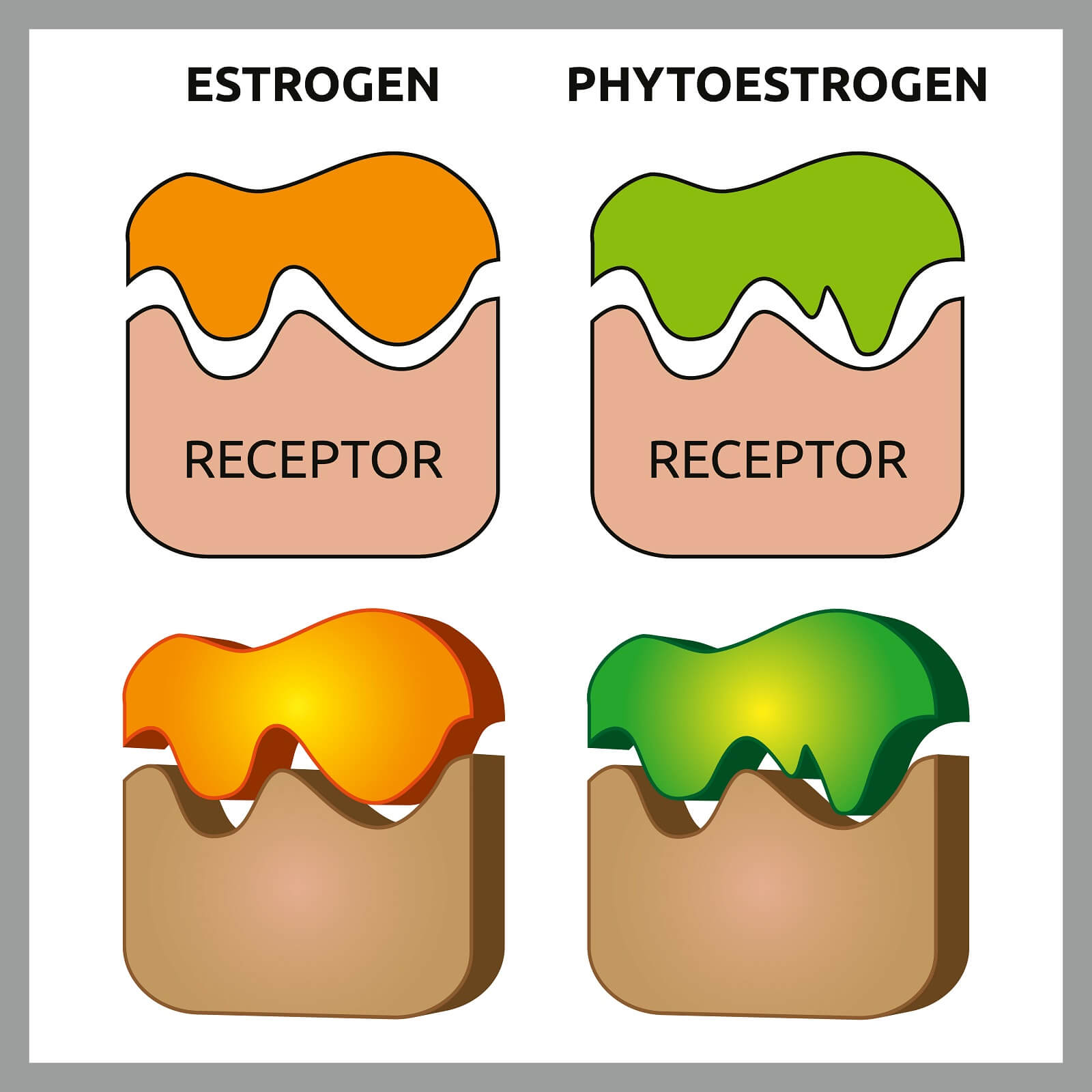
A 2016 study in Phytomedicine(source 3) had in its title “Pause Menopause with Rhodiola rosea.” The study looked at a lot of research relating to this herb and how it can impart some exceptional benefits to menopausal women.
The study states that rhodiola root extracts, and the phytochemical salidroside in them, are indicated to improve many different neurological and psychological symptoms that menopausal women go through.
A well known feature of menopause is the sharp decline in estrogen levels. This decline in estrogen can aggravate aging’s effects on memory and other brain functions.
This is because estradiol (this is one type of estrogen in the human body, and it is the most powerful form of estrogen) plays an important part in cellular functions. When estradiol enters into a cell nucleus it can bind to either estrogen receptor alpha (ERα) or estrogen receptor beta (ERβ). When these estrogen receptors are activated by estradiol DNA is activated to make different proteins within the cell.
Some of these proteins that a cell produces in a response to estrogen help with cognitive functions by:
- Increasing Neural Transmission - When a neuron is activated it transmits information within the nervous system.
- Increasing Spinogenesis - Spinogenesis is the formation of dendritic spines;(source 4) and, dendrites are branched extensions from a nerve cell that receive nerve signals.
- Increasing Synaptogenesis - The formation of synapses between neurons; and, synapses are a connection between nerve cells that have a very small gap where nerve impulses pass via neurotransmitters.
Rhodiola acts on the estrogen receptors to some extent. Therefore they may be able to help women that don’t have enough estrogen. The study states the following:
Data from in vitro, in vivo and clinical trials as well as case examples contribute to the growing evidence that supports the proposal that R. rosea be investigated as a potential [selective estrogen receptor modulator] for the treatment of menopause-related symptoms.
Phytomedicine 23.7 (2016): 763-76
Some of the benefits the 2016 Phytomedicine(source 3) study states rhodiola imparts to menopausal women are:
- Neuroprotective Function: many animal and in vitro (in a test environment; literally ‘in glass’) studies show neuroprotective activity from salidrosides. Clinical studies on rhodiola have demonstrated improvement in physical performance and cognitive function—especially during stress.
- Psychological Function: Clinical trials of rhodiola indicate the herb benefits depression, anxiety, and mental ability. Animal research has demonstrated salidrosides have anti-stress effects.
- Cardiovascular Protection: Rhodiola kirilowii and Rhodiola sacra formulations as the only treatment or used in combination with standard medicines for the treatment of coronary artery disease found statistically significant improvement of symptoms and electrocardiographic (ECG) tests. Animal studies with rhodiola on brain and cardiac ischemia (a lack of blood supply to an organ or body part) demonstrated significant protective effects.
- Osteoporosis Protection: Salidrosides have a potential use in the prevention and treatment of osteoporosis due to menopause. Additionally, the antioxidants in extracts of this herb might be able to provide additional protection for the bones.
- Effects on Menstruation: In a study of 40 women with amenorrhea (absence of menstruation) 100 mg of rhodiola twice a day allowed 25 of these women to have their period again, and 11 of them became pregnant.
This 2016 study in Phytomedicine(source 3) concluded that:
Numerous lines of evidence indicate that R. rosea should be investigated as a potential selective estrogen receptor modulator to prevent, delay or mitigate menopause-related cognitive, psychological, cardiovascular and osteoporotic conditions.
Phytomedicine 23.7 (2016): 763-769
End Menopausal Weight Gain
Deborah Murtagh is an international weight loss coach, avid writer and researcher, and founder of several best-selling weight loss programs with thousands of clients in over 48 countries.
Learn Deborah’s ideal plan for losing weight during menopause from a woman who struggled her entire life with weight gain.
Ms. Murtagh’s program comes with a 60 day, 100% money back guarantee.

Combination Treatments with Rhodiola
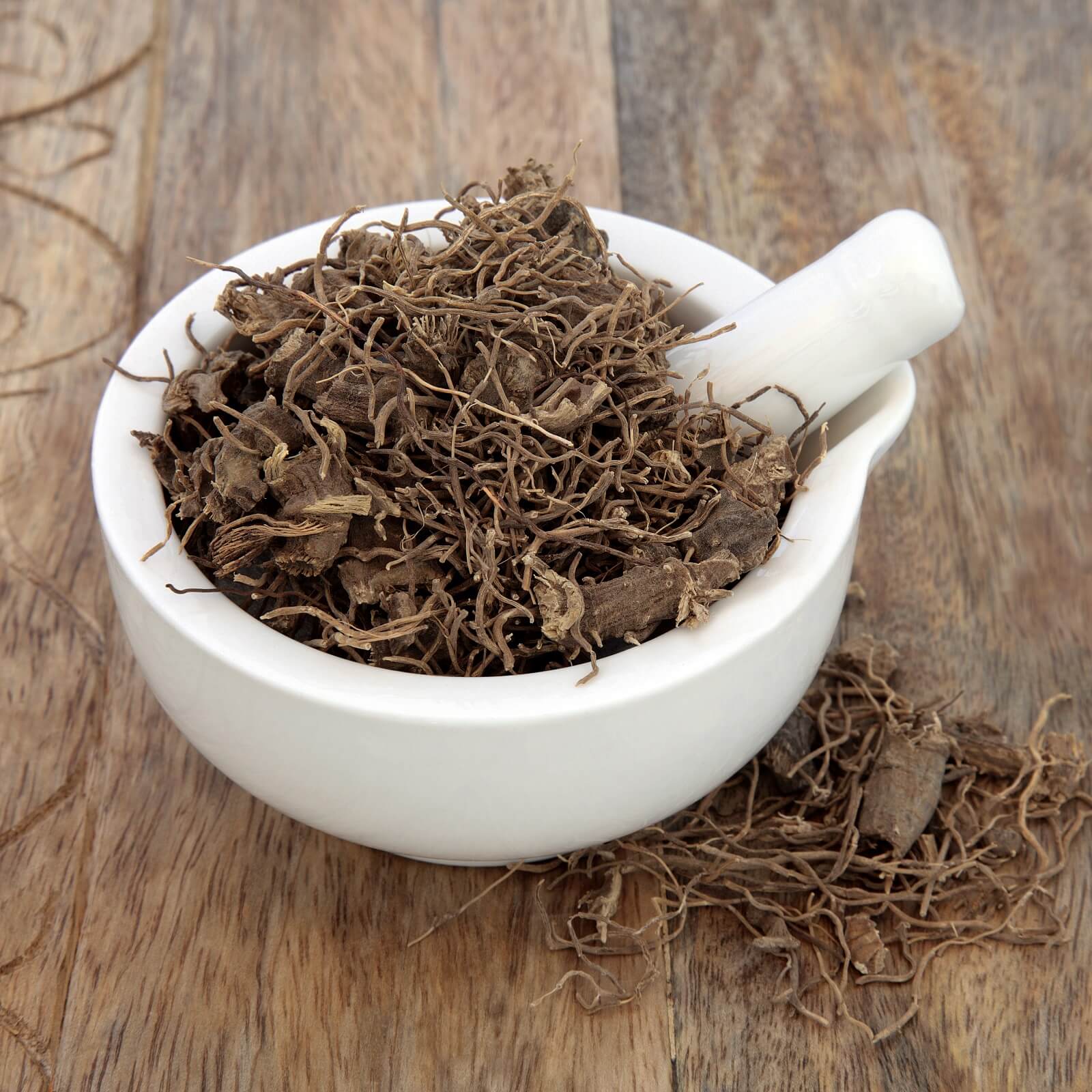
A 2020 study in Pharmaceuticals(source 5) looked at how rhodiola worked in combination with another popular herb to use for menopause: black cohosh. The study compared the combination treatment to two different doses of black cohosh.
The study included women aged 40 to 82 years with an average age of 52.5 years that had a diagnosis of "menopausal female climacteric states."
The combination treatment was a product called Menopause Relief EP®; and it’s active ingredients consisted of 200 mg rhodiola (Rhodiola rosea) and 6.5 mg of black cohosh (Actaea racemosa). This combination treatment was compared to black cohosh alone in doses of 6.5 mg and 500 mg. The women took two of these pills, or a placebo, once every day for 12 weeks.
The study found that the high dose of black cohosh, at 1000 mg per day, was slightly higher than the normal daily dose of 13 mg. Yet, this difference was not statistically significant.
The study found the combination treatment of two Menopause Relief EP® pills each day significantly improved the quality of life score compared to either dose of black cohosh alone. This superior improvement was particularly evident in emotional quality of life and specifically related to the sexual function of the patients.
A 2022 study in Integrative and Complementary Therapies(source 6) studied how women with premenstrual syndrome (PMS) or at menopause transition (MT) responded to a dietary supplement with several ingredients, one of which was rhodiola. The goal of the study was to see if the supplement would help with sleep problems and anxiety associated with MT and PMS.
The supplement contained vitamin B6 and four plant extracts: rhodiola (Rhodiola rosea), lemon balm (Melissa officinalis), griffonia (Griffonia simplicifolia), and valerian (Valeriana officinalis).
The participants in the study took two pills of this combination treatment each day for 15 to 20 days. The patients were assessed at the beginning and end of the treatment using the Hospital Anxiety and Depression Scale (HADS) and the Insomnia Severity Index (ISI).
The study found that taking this supplement improved ISI scores by 46.6% and the HADS score by 23.2%. Improvements in these scores were seen with women who had MT and PMS.
Dr. John Herzog (MD)
Dr. John Herzog, a "survival surgeon" from Maine explains what home remedies work best in a crisis situation.
This may be important in the event you require first-aid or are in an emergency situation without easy access to a hospital. Dr. John Herzog has assembled a large collection of home remedies for such scenarios.

Rhodiola Reduces Cancer Risk

A 2017 study in Current Pharmacology Reports(source 7) discussed the anticancer effects of rhodiola. The study states the following in regards to this:
- Rhodiola extracts inhibited the growth of transplanted Ehrlich adenocarcinoma (a transplantable malignant tumor(source 8) of the glandular tissue) and Pliss lymphatic tissue cancer. This herb stopped these cancer’s metastases to the liver, and allowed the rats with the tumors to live longer.
- In studies on cells, rhodiola stops cell multiplication and causes apoptosis (programmed cell death) in certain cells including breast cancer, lung cancer, bladder cancer, stomach cancer, sarcoma (a broad group of cancers that start in the connective tissues and the bones), and colorectal cancer.
- The herb significantly reduced tumor induced angiogenesis (the growth of new blood vessels) in mice.
- Using rhodiola with the anti-tumor drug cyclophosphamide improved the anti-metastatic and anti-tumor ability of this drug.
A 2019 study in the Chinese Journal of Cellular and Molecular Immunology(source 9) looked at how mice with lung cancer responded to rhodiola. The mice that received the rhodiola were given 500 mg/kg of rhodiola ethanol extract for 10 days.
The results of the study showed that mice that were given the rhodiola extract
demonstrated inhibited tumor growth and remarkably improved survival rates.
The study concluded that: The ethanol extract of [Rhodiola rosea] has a
positive role in enhancing the anti-tumor immunity by regulating the number
and function of immunocytes.
A 2020 study in Biomedicine & Pharmacotherapy(source 10) investigated salidroside, which is a natural active component of rhodiola, for its effects on human gastric cancer AGS cells. And, results from one test found the amount of salidroside in Rhodiola rosea to be between 1.3 to 11.1 mg/g.(source 11)
The Biomedicine & Pharmacotherapy study found that salidroside inhibited the growth of the gastric cancer cells and causes apoptosis (programmed cell death) and protective autophagy (the natural process of the cell breaking down parts of itself that are dysfunctional or unnecessary).
The study stated that the clinical use of salidroside, in combination with autophagy inhibitors, is a potential treatment for human gastric cancer.
There also appears to be an abundance of research on the use of this herb as a treatment for cancer; although this article only aims to give a brief look at this beneficial aspect of rhodiola.
Claire Goodall’s Amazing Guide
Clair Goodall is a bee-obsessed, natural medicine convert from Minnesota (USA). And, she does keep bees!
Clair has created 350+ page book documenting how to replace the toxic products and medications in your home with healthier, all-natural alternatives.

A Worry Free, Natural Solution for Menopausal Symptoms
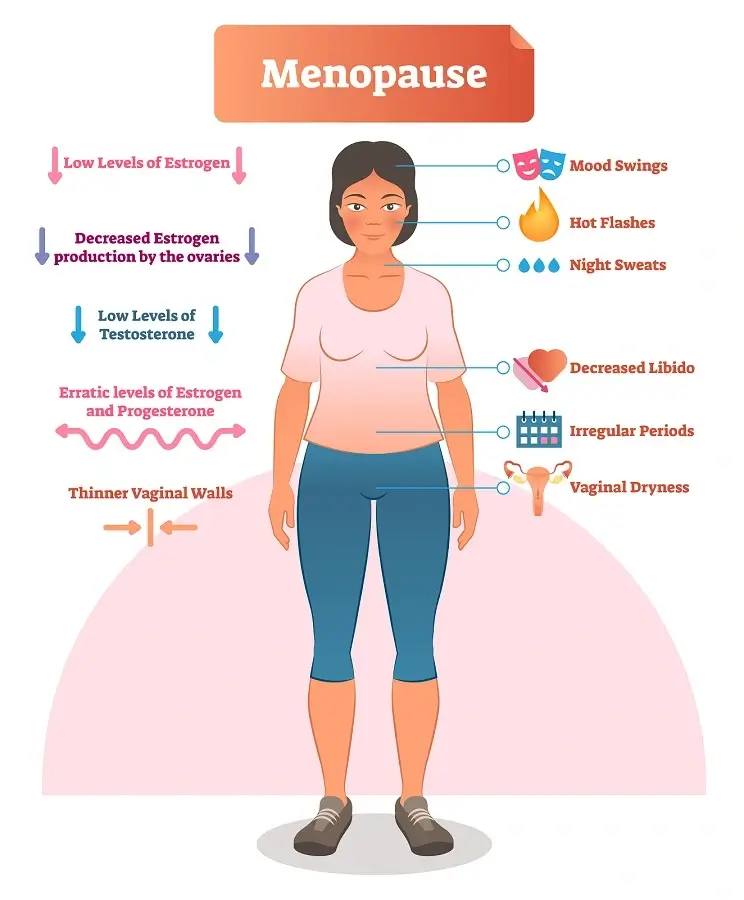
The daunting risks of hormone replacement therapy (HRT), are a reason many women seek out natural alternatives. Julissa Clay was a woman with the same mindset. Although she successfully navigated the symptom perils of perimenopause (the time frame your body starts transitioning into menopause), something unfortunate happened.
Due to problems with her uterus, she had to have it surgically removed. Thankfully, as Ms. Clay says about her surgery: "Luckily, everything went fine and I was lucky enough to walk out of the hospital with nothing but a few puncture wounds from a state-of-the-art surgery."
Yet, soon after entering into surgical menopause she found herself learning what her mother told her hot flashes first hand; plus, her desire for intimacy, ability to keep weight off, and energy reserves were significantly impaired.
She would soon find out these were not residual effects of surgery, this is what many women go through during this important time in their lives.
After trying a host of treatments and internet searches, not to mention eating more soy tofu than a Japanese vegetarian, she hadn’t found a workable solution.
But, Julissa had a secret weapon in her corner: She had spent 5 years as a medical student at a prominent university. So, she knew how to do her research.
Ms. Clay discovered that although you can’t cure menopause, it’s a natural process women go through, you can put a stop to the symptoms that get in the way of quality of life.
Also, Ms. Clay, after learning how to address the symptoms of menopause delved deeper into learning about natural medicine; the end result being so she could synthesize a natural treatment plan that would not keep her up at night worrying about unwanted side effects.
After over 850 hours of research, testing, and refining, Ms. Clay developed a fast and safe solution for menopause symptoms. After testing her program in controlled conditions, 95.4% of women saw it work. And, the 4.6% that it didn’t work for, they lost weight and had more energy as a result.
It may sound too good to be true, but treating menopause is a big business; and, there is little attention probably made to halting the influx of cash by 95.4%.
And, if you want to investigate Ms. Clay’s treatment plan, you can know it is backed by her U.S.A. based publisher’s 60 day, 100% money back guarantee.
If you’d like to learn more about Ms. Clay and her exceptional program, you can find out much more at Julissa Clay’s official program website.
About the Author
Geoff Kent is a natural medicine enthusiast who has been researching and writing about natural medicine since 2008. Geoff is primarily a web developer, but also researches and authors written and video content about natural health. Geoff has a bachelor’s degree in Management Information Systems from the University of Northern Iowa.
More on Geoff KentImportant Disclosures & Disclaimers
It is important to use the information you find on Herbsey.com in the right way. Also for legal reasons, these disclaimers and disclosures are necessary. For further information about each, feel free to click the link provided to the page on this website that provides more information.
Medical Disclaimer
The information on this website is not a prescription for anyone. This information is for informational or educational purposes only, and is not a substitute for professional medical advice or consultations with healthcare professionals.
Advertisement Disclosure
Some of the links provided on this article and website are affiliate links. If you purchase a product after clicking on these links, Herbsey.com will earn a commission. Herbsey.com promotes various products through advertisement and text links. For more information: Our Advertisements.


